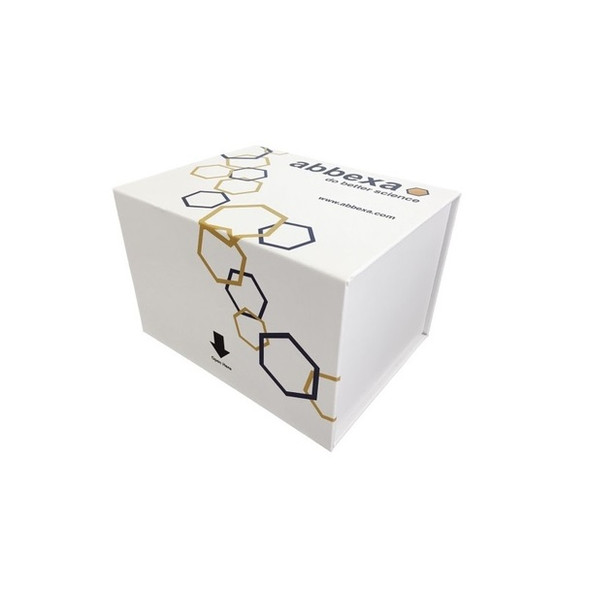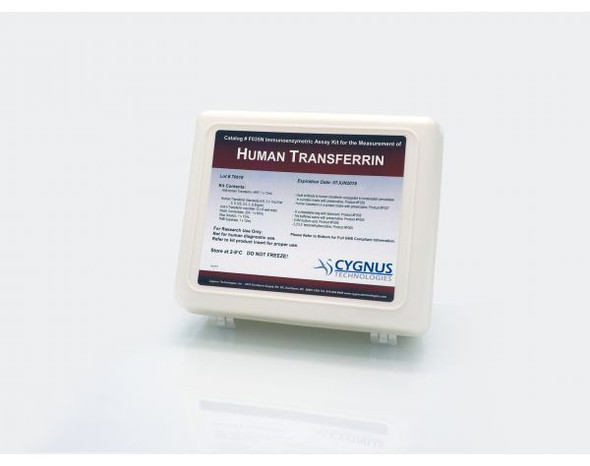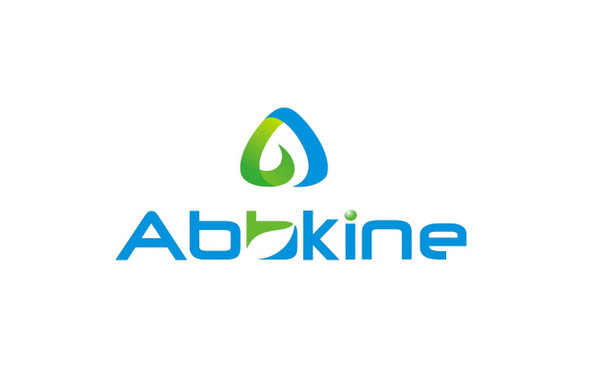Human Lipoteichoic Acid (LTA) ELISA Kit | abx257487
- SKU:
- abx257487
- Availability:
- Shipped within 5-12 working days.
- Size:
- 96 Tests
- Clonality:
- N/A
- Tested Applications:
- ELISA
- Host:
- N/A
- Conjugation:
- N/A
- Dry Ice:
- No
Description
Human Lipoteichoic Acid (LTA) ELISA Kit. Cat# abx257487. Supplier: abbexa.
Human Lipoteichoic Acid (LTA) ELISA Kit is an ELISA Kit for the in vitro quantitative measurement of Human Lipoteichoic Acid (LTA) concentrations in serum, plasma, cell culture supernatants and other biological fluids.
| Introduction | Lipoteichoic acid (LTA) is a major constituent of the cell wall of gram-positive bacteria. These organisms have an inner (or cytoplasmic) membrane and, external to it, a thick (up to 80 nanometer) peptidoglycan layer. The structure of LTA varies between the different species of Gram positive bacteria and may contain long chains of ribitol or glycerol phosphate. LTA is anchored to the cell membrane via a diacylglycerol. It acts as regulator of autolytic wall enzymes (muramidases). It has antigenic properties being able to stimulate specific immune response and is released from the bacterial cells mainly after bacteriolysis induced by lysozyme, cationic peptides from leucocytes, or beta-lactam antibiotics. |
| Target | Lipoteichoic Acid (LTA) |
| Reactivity | Human |
| Tested Applications | ELISA |
| Recommended dilutions | Optimal dilutions/concentrations should be determined by the end user. |
| Storage | Shipped at 4 °C. Upon receipt, store the kit according to the storage instruction in the kit's manual. |
| Validity | The validity for this kit is 6 months. |
| Stability | The stability of the kit is determined by the rate of activity loss. The loss rate is less than 5% within the expiration date under appropriate storage conditions. To minimize performance fluctuations, operation procedures and lab conditions should be strictly controlled. It is also strongly suggested that the whole assay is performed by the same user throughout. |
| Test Range | 7.8 pg/ml - 500 pg/ml |
| Sensitivity | < 4.69 pg/ml |
| Standard Form | Lyophilized |
| Detection Method | Colorimetric |
| Assay Type | Sandwich |
| Assay Data | Quantitative |
| Sample Type | Serum, plasma, cell culture supernatants and other biological fluids. |
| Kit Components | The kit components listed are for reference only. The product manual may differ slightly. The product should be used as stated on the product manual included and delivered together with the product.
|
| Material Required But Not Provided |
|
| Sample Collection/Preparation |
|
| Reagent Preparation | This procedure is provided for reference only. The product manual may differ slightly. The product should be used as stated on the product manual included and delivered together with the product.
|
| Assay Procedure | This procedure is provided for reference only. The product manual may differ slightly. The product should be used as stated on the product manual included and delivered together with the product.
|
| Availability | Shipped within 5-12 working days. |
| Note | This product is for research use only.
The range and sensitivity is subject to change. Please contact us for the latest product information. For accurate results, sample concentrations must be diluted to mid-range of the kit. If you require a specific range, please contact us in advance or write your request in your order comments. Please note that our ELISA and CLIA kits are optimised for detection of native samples, rather than recombinant proteins. We are unable to guarantee detection of recombinant proteins, as they may have different sequences or tertiary structures to the native protein. |
| Plate coated with | Antibody |











